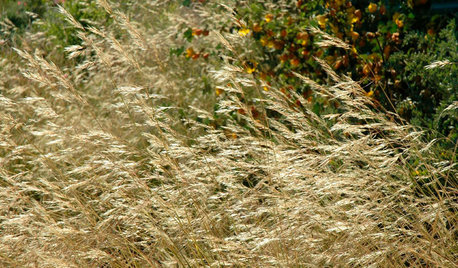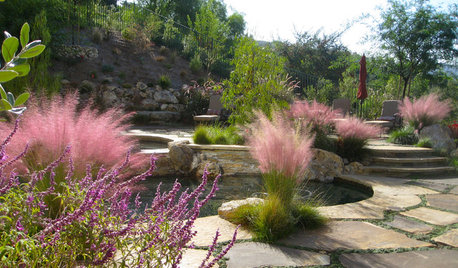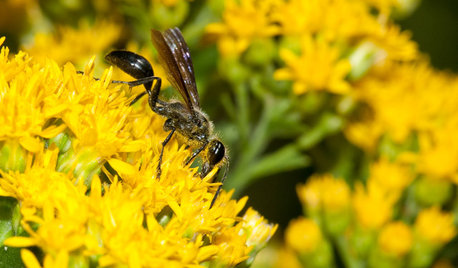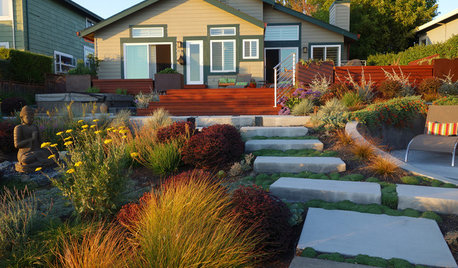Roundup not killing the grass?
parafly9
16 years ago
Featured Answer
Sort by:Oldest
Comments (31)
billhill
16 years agorlembke
16 years agoRelated Professionals
Montgomeryville Landscape Architects & Landscape Designers · Mountain Brook Landscape Architects & Landscape Designers · Richmond Heights Landscape Architects & Landscape Designers · Forest City Landscape Architects & Landscape Designers · Elkridge Landscape Contractors · Eustis Landscape Contractors · Fuquay-Varina Landscape Contractors · Glendale Heights Landscape Contractors · Lantana Landscape Contractors · North Haven Landscape Contractors · Point Pleasant Landscape Contractors · River Ridge Landscape Contractors · Vashon Landscape Contractors · Wheat Ridge Landscape Contractors · Pearland Swimming Pool Buildersparafly9
16 years agoBilll
16 years agoparafly9
16 years agoquirkyquercus
16 years agoparafly9
16 years agoegghead2004
16 years agoparafly9
16 years agodlenart
16 years agomorpheuspa (6B/7A, E. PA)
16 years agoquirkyquercus
16 years agopaulinct
16 years agoboatboy24
16 years agopaulinct
16 years agoparafly9
16 years agopaulinct
16 years agopaulinct
16 years agochad_la
16 years agoparafly9
16 years agobillhill
16 years agodavidandkasie
16 years agoparafly9
16 years agodlenart
16 years agoparafly9
16 years agojoepyeweed
16 years agoparafly9
16 years agotagged
16 years agojeannie7
16 years agoKevin Murphy
3 years ago
Related Stories

Guest Picks: Christmas Wreath Roundup
Go crafty, go classic or even bring in the bling — whatever your home's style, one of these wreaths can give your door that holiday spirit
Full Story
HOUSEPLANTS8 Houseplants You Can't Kill
They're forgiving and let you forget. Houseplants don't get any easier than this
Full Story
COLORWhen Color Could Kill: Stories From the History of Paint
Delve into paint's storied past — what you learn about its history and modern incarnations may surprise you
Full Story
GARDENING GUIDES5 Great Grasses for a New Lawn
Learn about maintenance, wear tolerance, ideal climate and more for these top turf choices to pick the right one for you
Full Story
GARDENING GUIDESGreat Design Plant: Purple Needle Grass, California’s State Grass
The long-lived, drought-tolerant Stipa pulchra is as admired for its benefits as for its good looks
Full Story
GRASSES10 Ways to Use Ornamental Grasses in the Landscape
These low-maintenance plants can add beauty, texture and privacy to any size garden
Full Story
LANDSCAPE DESIGNIs It Time to Consider Fake Grass?
With more realistic-looking options than ever, synthetic turf can be a boon. Find the benefits and an installation how-to here
Full Story
PLANTING IDEASCreate High-Impact Container Gardens With Grasses
When it comes to adding drama, texture and panache to a pot, these strappy species are hard to beat
Full Story
GARDENING GUIDESMeet the Grass-Carrying Wasp, a Gentle Pollinator of Summer Flowers
These fascinating insects nest in wood cavities and hollow plant stems
Full Story
INSPIRING GARDENSInside Houzz: A Waterfront Property Ditches the Grass for a Garden
New drought-tolerant plantings and outdoor gathering spaces help this California backyard take in the view without wasting space or water
Full Story





texas_weed